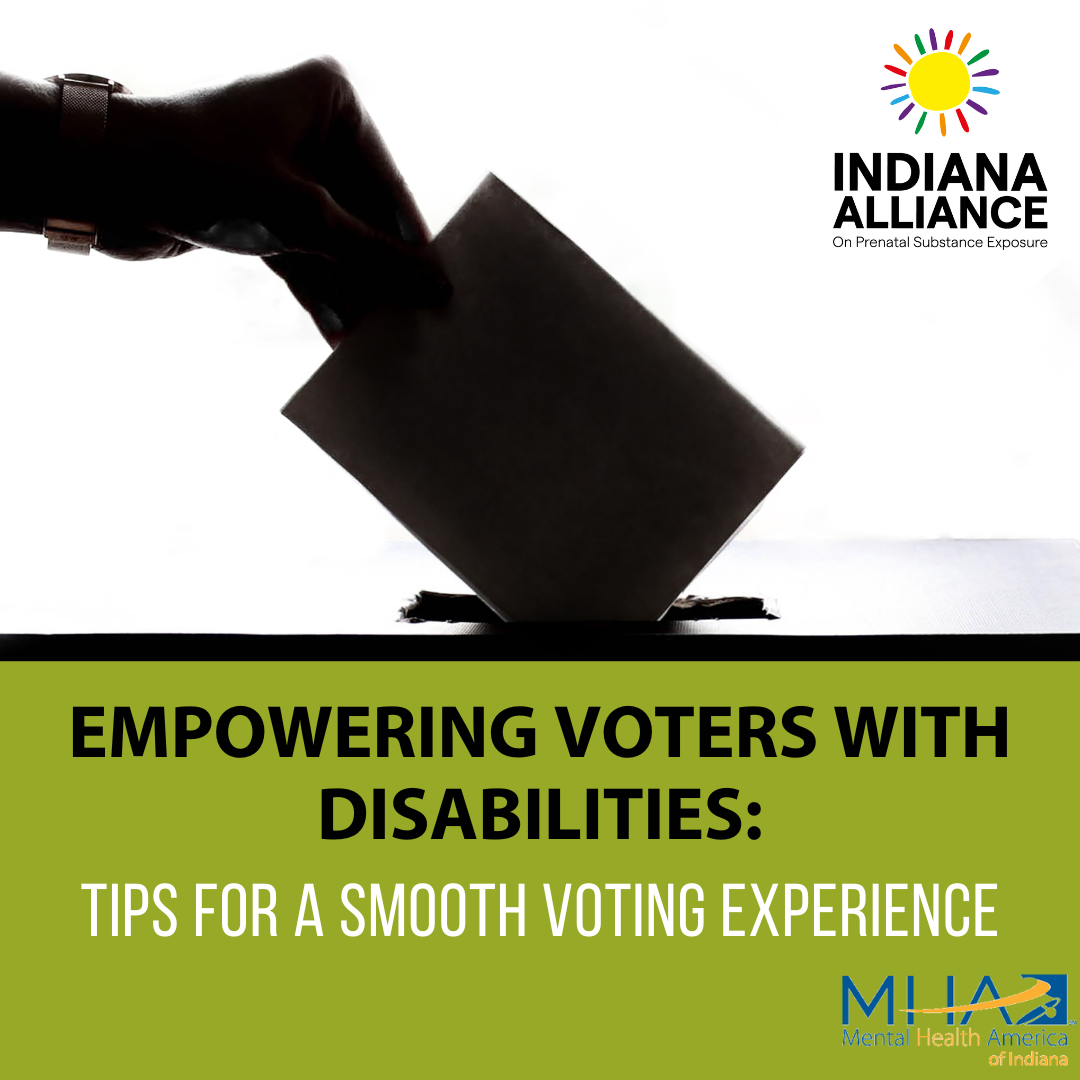
The March of Dimes has prepared this overview regarding the use of prescription medicine for women who may become pregnant, are pregnant or are still breastfeeding.
KEY POINTS
- A prescription medicine is one your provider says you can take to treat a health condition. You need an order from your provider to get it.
- If you take prescription medicine during pregnancy, some can cause problems for your baby, like premature birth, NAS and birth defects.
- Tell your provider about any prescription medicine you take. You may need to stop taking a medicine or switch to one that’s safer during pregnancy.
- Don’t stop taking a prescription medicine without talking to your health care provider first.
- Make sure any provider who treats you with prescription medicine knows that you’re pregnant.
What is prescription medicine?
Prescription medicine is medicine (drugs) your health care provider says you can take to treat a health condition. You need a prescription (an order from your provider) to get the medicine.
Many pregnant women (about 7 in 10 or 70 percent) take at least one prescription drug during pregnancy. For example, you may need a medicine to treat a health condition, like diabetes, depression or high blood pressure. But not all prescription medicine is safe to use during pregnancy. If you’re pregnant, check with your provider before you take any kind of medicine to make sure it’s safe for you and your baby.
How can you make sure a prescription drug is safe to take during pregnancy?
Ask your provider. She can tell you if a prescription medicine is safe to take during pregnancy. She may want you to stop taking a medicine or switch to one that’s safer for you and your baby. Don’t stop taking a prescription medicine without talking to your provider first. Make sure that any provider who prescribes medicine for you knows that you’re pregnant.
When your provider gives you a prescription for medicine, he tells you exactly how much to take, how often to take it and how long to take it. When you take any prescription medicine:
- Take it exactly as your provider says to take it.
- Don’t take it with alcohol or other drugs.
- Don’t take someone else’s prescription medicine.
If you’re using a prescription medicine differently than you’re supposed to use it (you take more than was prescribed, you take it with drugs or alcohol or you take someone else’s drug), tell your provider. She can give you treatment to help you quit. Or contact:
- National Council on Alcoholism and Drug Dependence, (800) 622-2255
- Behavioral Health Treatment Services Locator, (800) 662-4357
To find out more about the safety of prescription medicines during pregnancy, go to: mothertobaby.org or Treating for Two
How can prescription medicine harm your baby during pregnancy?
Some prescription drugs can cause problems for your baby, including:
- Premature birth. This is when your baby is born too soon, before 37 weeks of pregnancy. Babies born too soon may have more health problems at birth and later in life than babies born full term.
- Low birthweight. This is when your baby is born weighing less than 5 pounds, 8 ounces.
- Birth defects. A birth defect is a health condition that is present at birth. Birth defects change the shape or function of one or more parts of the body. They can cause problems in overall health, in how the body develops, or in how the body works.
- Neonatal abstinence syndrome (also called NAS). NAS happens when a baby is exposed to a drug in the womb before birth and then goes through withdrawal after birth. NAS can cause problems for your baby, like low birthweight and breathing problems. NAS most often is caused when a woman takes opioids during pregnancy. Opioids are painkillers your provider may prescribe if you’ve been injured or had surgery.
- Learning and behavior problems later in life
- Miscarriage. This is when a baby dies in the womb before 20 weeks of pregnancy.
- Stillbirth. This is when a baby dies in the womb after 20 weeks of pregnancy.
- Sudden infant death syndrome (also called SIDS). This is the unexplained death of a baby younger than 1 year old.
Is it safe to take prescription opioids during pregnancy?
Prescription opioids are painkillers (medicine used to relieve pain) your provider may prescribe if you’ve been injured or had surgery or dental work. They’re sometimes used to treat a cough or diarrhea.
These are prescription opioids and some of their common brand names. A brand name is the name given to a product by the company that makes it.
- Buprenorphine (Belbuca®, Buprenex®, Butrans®, Probuphine®)
- Codeine
- Fentanyl (Actiq®, Duragesic®, Sublimaze®)
- Hydrocodone (Lorcet®, Lortab®, Norco®, Vicodin®)
- Hydromophone (Dalaudid®, Exalgo®)
- Meperidine (Demerol®)
- Methadone (Dolophine®, Methadose®)
- Morphine (Astramorph®, Avinza®, Duramorph®, Roxanol®)
- Oxycodone (OxyContin®, Percodan®, Percocet®)
- Oxymorphone (Opana®)
- Tramadol (ConZip®, Ryzolt®, Ultram®)
There are many other brands of opioids, so if you’re taking any medicine you think may be an opioid or combined with an opioid, tell your provider. For example, some cough medicines contain the opioid codeine.
Opioids can be dangerous and highly addictive. Opioid use during pregnancy is the most common cause of NAS. Even if you use an opioid exactly as your health care provider tells you to, it may cause NAS in your baby.
If you’re pregnant and taking prescription opioids, take them exactly as your provider tells you to. Tell your provider about any opioid or other drug you take, even if it’s prescribed by another provider. If you go to a provider who prescribes you an opioid, make sure she knows you’re pregnant.
Can taking prescription drugs during pregnancy cause birth defects?
Some prescription drugs can cause birth defects in your baby if you take them during pregnancy. If you’re pregnant and taking any of these medicines, tell your provider right away:
- Captopril (Capoten®)
- Carbamazepine (Carbatrol®, Epitol®, Equetro®, Tegretol®)
- Codeine
- Enalapril (Vasotec®)
- Fluoxetine (Prozac®)
- Hydrocodone (Vicodin®)
- Isotretionoin (Accutane®, Amnesteem®, Claravis®, Sotret®)
- Morphine
- Oxycodone (OxyContin®, Percocet®)
- Paroxetine (Paxil®)
- Thalidomide (Thalomid®)
- Tramadol (ConZip®, Ryzolt®, Ultram®)
- Valproic acid (Depacon®, Depakene®, Depakote®, Stavzor®, Valproic®)
- Warfarin (Coumadin®, Jantoven®)
Don’t stop taking any prescription medicine without talking to your provider first. Stopping suddenly may cause problems for your baby.
To find out about other prescription medicines that can cause birth defects, go to: mothertobaby.org
Credit / Sources
This article is from the March of Dimes. Click here for the original article.









